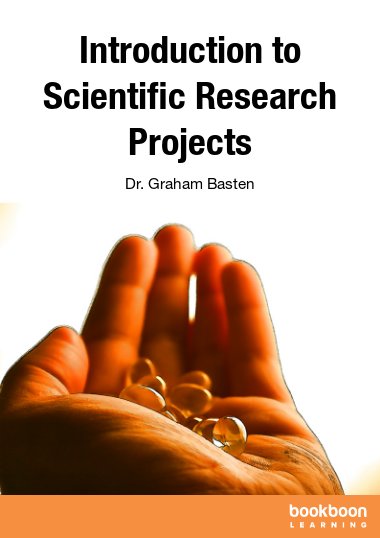Introduction to Scientific Research Projects is a concise introduction to the undergraduate scientific research project. It is primarily aimed at undergraduate students reading medicine, nursing and midwifery and subjects allied to health such as Biomedical Science who will be expected to undertake some kind of research project as part of their degree. Exploring the different types of projects, and individual components of dissemination (poster, oral, viva, and thesis), by using tips, example boxes, and analogies, it makes an easy and enjoyable read for both students and supervisors alike.

